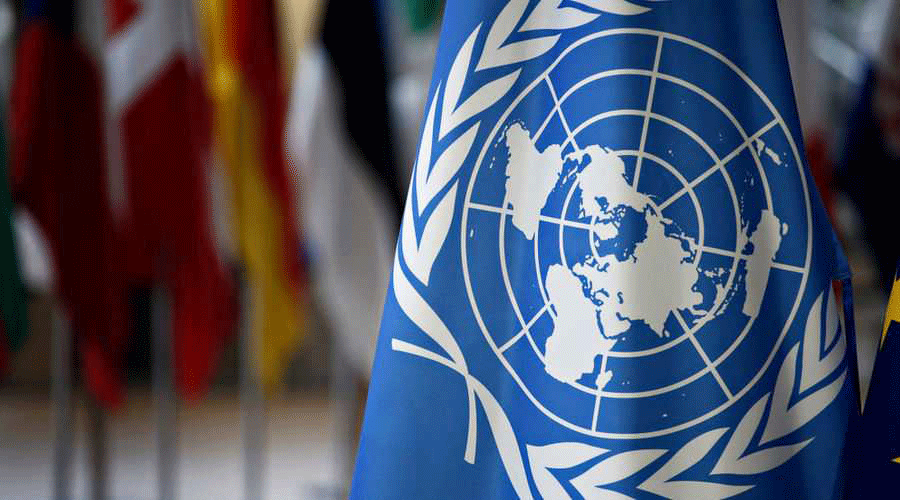After ticking off Sri Lanka last month at the UNHRC, India on Thursday adopted its usual nuanced approach on a predominantly West-backed resolution to “reinforce” the Office of the UN High Commissioner for Human Rights (OHCHR) to collect information on alleged war crimes by Sri Lanka for prosecution in other countries.
India abstained from the vote. Instead, it resolved to work with Colombo on the human rights issues.
With 20 countries of the 47 members in the UNHRC voting for the motion, the resolution was passed. India was among the 20 countries that abstained while seven, including China and Pakistan, voted against the resolution.
The change in the tone and tenor of India’s position at the UNHRC since last month was evident. The September 12 statement presented by the Permanent Representative to the United Nations in Geneva, Indra Mani Pandey, had expressed concern over the lack of progress by Sri Lanka in evolving a political solution to the ethnic issue and also took a swipe at Colombo for the economic situation it was in.
The only mention of the economic crisis in Thursday’s statement was essentially to place on record again the assistance India had given to Sri Lanka this year to deal with the economic crisis.
Elaborating on peace and reconciliation in Sri Lanka, Pandey said: “While we have taken note of the commitments by the Government of Sri Lanka on issues of implementation of the commitments in the spirit of the 13th Constitutional Amendment, meaningful devolution and the early conduct of provincial elections, we believe that the progress towards the same remains inadequate. Accordingly, we urge the Government of Sri Lanka to work meaningfully towards early implementation of these commitments.
“Achieving prosperity for all Sri Lankans and realising the legitimate aspirations of Tamils of Sri Lanka for prosperity, dignity and peace are two sides of the same coin…. India will work with Sri Lanka and the international community to attain the related objectives of legitimate aspirations of Tamils of Sri Lanka and prosperity for all Sri Lankans.”
The nuanced position India took during the vote on the resolution was along expected lines as Sri Lank’s high commissioner to India Milinda Moragoda had in mid-September said the two countries were working on a mechanism to avoid the kind of situation that had arisen in August after New Delhi had raised concerns about a Chinese “research/survey” vessel docking at Lanka’s Hambantota Port.
Sri Lanka’s decision to finally allow the Chinese ship to dock at the port for a week — after initially asking it to defer the visit — was seen as the cause for India’s rather harsh statement at the UNHRC on September 12.
Barring a couple of occasions when it voted against Sri Lanka on the issue of war crimes during the fight against the LTTE, India has always abstained, keeping in mind diplomatic and domestic compulsions.
On the diplomatic side, there is the concern that too much of pressure on Sri Lanka will push it towards the Chinese corner. At the domestic level, the Tamil parties have been pressuring successive governments in New Delhi to ensure that Sri Lanka implements the 13th Amendment for greater devolution of power.










